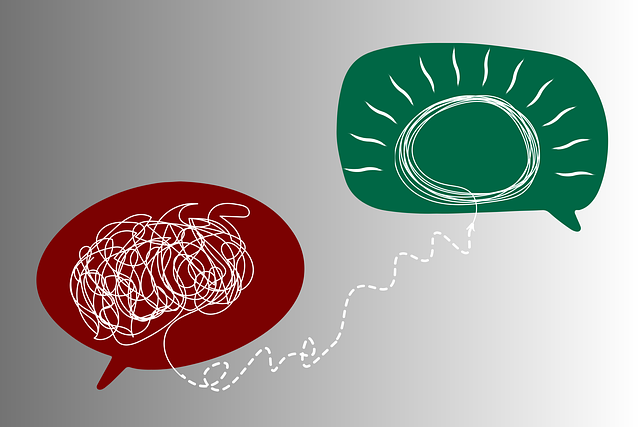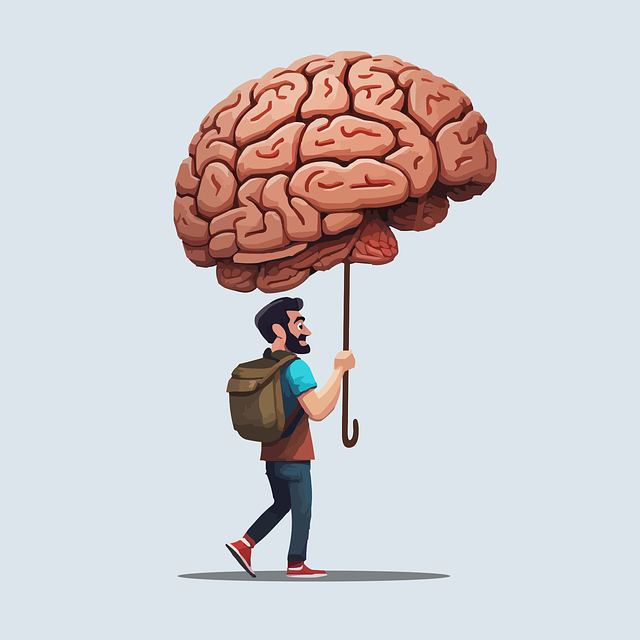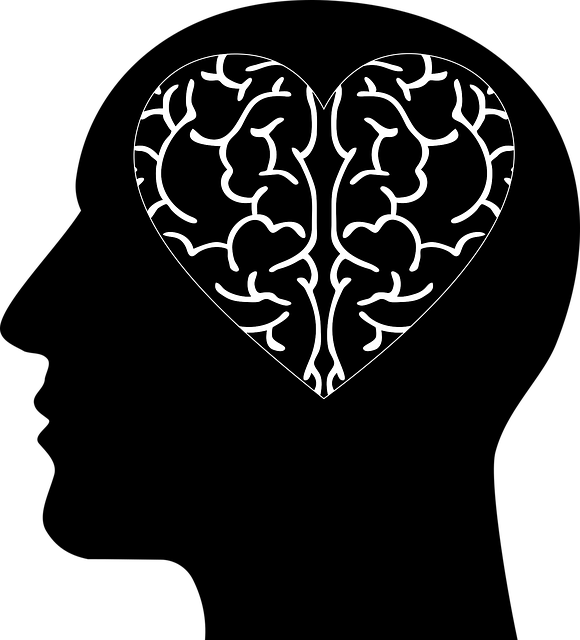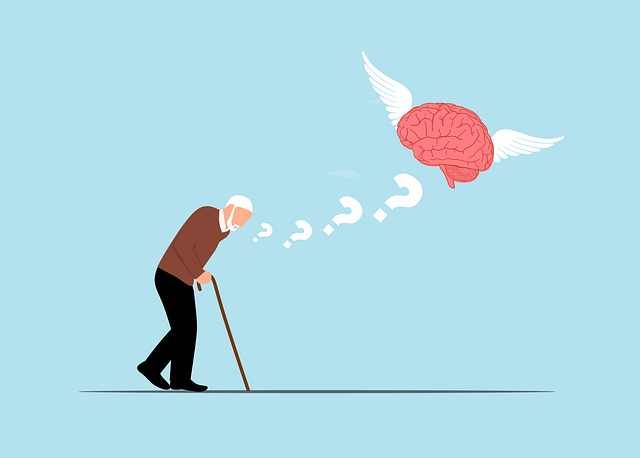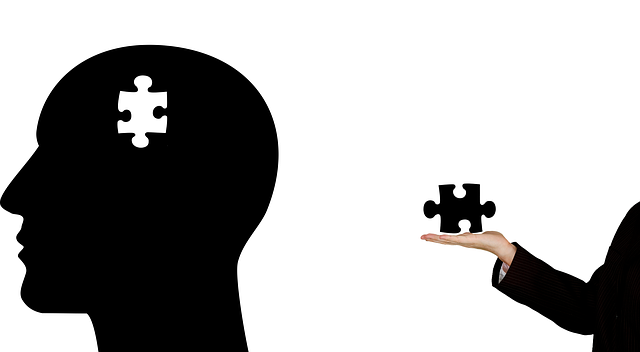Broomfield Adolescent and Teen Therapy addresses prevalent mental health issues among youth, offering comprehensive support through holistic education. Their model focuses on early intervention, incorporating stress management, compassion cultivation, and crisis intervention techniques. Using evidence-based practices like cognitive-behavioral therapy, they empower teens to manage their mental well-being, reduce stigma, and build resilience for effective emotional navigation.
Mental health issues among adolescents and teens are on the rise, making comprehensive education programs more vital than ever. This article explores effective strategies for designing mental health educational initiatives, with a particular focus on the proven Broomfield Adolescent and Teen Therapy Model. By understanding common mental health challenges faced by young people, we can create engaging programs that equip them with coping mechanisms and promote overall well-being. Learn about key components and implementation steps to foster resilient youth.
- Understanding Mental Health Issues Among Adolescents and Teens
- Components of an Effective Education Program
- Implementing the Broomfield Adolescent and Teen Therapy Model
Understanding Mental Health Issues Among Adolescents and Teens

Mental health issues among adolescents and teens are prevalent and diverse, reflecting the unique challenges of growing up in today’s complex society. This age group faces increased pressure from academic expectations, social media influence, and peer dynamics, which can significantly impact their emotional well-being. Conditions such as anxiety disorders, depression, and eating disorders are not uncommon, often emerging as early as childhood and persisting into adulthood if left unaddressed. Broomfield Adolescent and Teen Therapy recognizes these trends and aims to provide comprehensive support tailored to the specific needs of this demographic.
Educating both adolescents and adults about mental health is a crucial step in fostering a supportive environment. Increasing Mental Health Awareness helps in identifying symptoms early, promoting positive thinking, and encouraging help-seeking behaviors. Moreover, Risk Management Planning for Mental Health Professionals is essential to ensure safe and effective treatment, especially as young people navigate their emotional journeys. By integrating these strategies, mental health programs can effectively support adolescents in understanding and managing their emotional states, paving the way for a healthier future.
Components of an Effective Education Program

An effective mental health education program should be multifaceted, catering to various aspects of adolescent and teen well-being. At Broomfield Adolescent and Teen Therapy, we’ve found success in integrating three key components: Stress Management techniques, Compassion Cultivation Practices, and Crisis Intervention Guidance.
Stress Management equips young individuals with tools to navigate life’s challenges, promoting resilience and emotional balance. Compassion Cultivation Practices foster empathy and understanding, helping teens connect with themselves and others on a deeper level. Crisis Intervention Guidance provides essential skills for navigating mental health crises, ensuring students feel empowered and supported when facing difficult situations.
Implementing the Broomfield Adolescent and Teen Therapy Model

The Broomfield Adolescent and Teen Therapy Model offers a structured framework for designing effective mental health education programs. This model emphasizes the importance of early intervention and focuses on empowering young individuals to take charge of their mental well-being. By implementing evidence-based practices, such as cognitive-behavioral therapy techniques and stress reduction methods, the program aims to foster resilience and coping strategies in adolescents.
Incorporating the Broomfield Model into Mental Health Education Programs Design allows for a holistic approach that not only addresses individual symptoms but also challenges the Mental Illness Stigma Reduction Efforts. Through group sessions, peer support, and skill-building workshops, participants learn to navigate their emotions, improve self-esteem, and develop healthy habits. This comprehensive strategy ensures that young people gain the knowledge and tools necessary to manage their mental health effectively while reducing the impact of stigma, enabling them to thrive in today’s challenges.
Mental health education programs play a pivotal role in equipping adolescents and teens with the knowledge and skills to navigate their emotional well-being. By understanding common mental health issues and implementing effective strategies, such as the Broomfield Adolescent and Teen Therapy Model, we can foster resilient and supportive environments. This holistic approach, combining awareness and practical tools, is essential for promoting mental wellness among young people. Remember that early intervention and education are game changers in ensuring a brighter, more balanced future for our teens.
